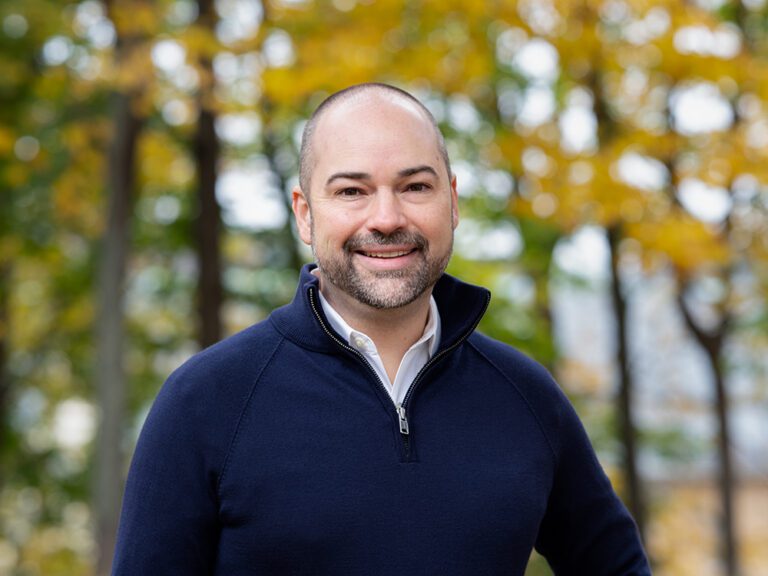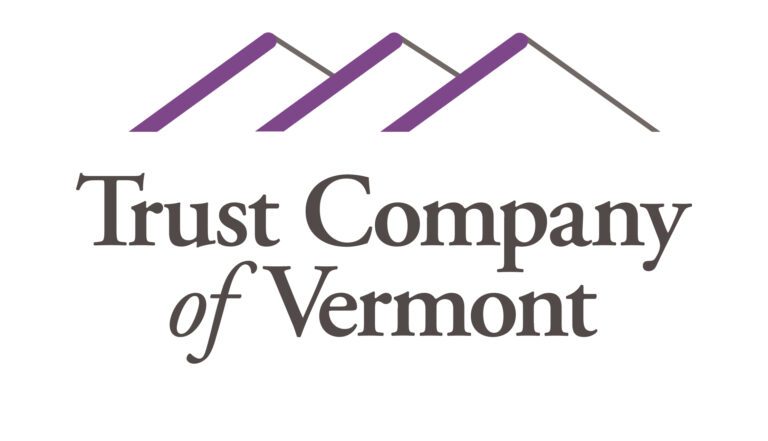Home » Resources
Archives
-

-


Client Alert: Corporate Transparency Act
Trust Company of Vermont would like to alert you to the new Corporate Transparency Act (CTA), which went into effect on January 1, 2024. -



Keep Calm and Reply On
Few experiences are as jarring as receiving correspondence from the Internal Revenue Service (IRS). -


Keeping Assets Safe
One of my favorite things to do in this line of work is help people, whether it means helping a colleague learn about irrevocable trust tax returns, walking a client through a complicated financial plan, or just giving general advice to someone who asks. -


Reminder: Beneficiary Designations
ONE OF TRUST COMPANY OF VERMONT’S core services is helping clients implement basic estate plans. -



A note from Chris Cassidy, CEO
WHEN I STARTED WORKING twenty years ago, one of my goals was to make smart financial choices -


Gifting to Grandchildren
The great thing about implementing a gifting program for grandchildren is that, if you start when they are young, there is a lot of time for gifted assets to accumulate and appreciate. -


A note from Chris Cassidy, CEO
MY FIRST EXPERIENCE with LLCs came in my early twenties. A few friends and I started up an LLC to… -



2024 Tax Updates
Each year, the IRS updates various tax provisions to keep pace with inflation. For 2024, in addition to changes to the tax brackets and rates, several other changes are also taking place. -


Financial & Lifestyle Planning
By Jill Dolan and Katie Gardner It has been a full year since we rolled out our enhanced Financial Planning… -



Plan Early and Be Flexible
By Nathan Alexander, CPA,CFP The number of small businesses seeking an exit and transition strategy appears to be at an… -


Simply Different
By Chris Lafayette, CFA It’s always fun speaking with prospective clients. Typically, people end up in our office for the… -


Welcome to the Keene Office
We are pleased to announce the opening of our newest office, located at 81 Court Street, in Keene, N.H. Former… -



-


The Significance of a Logo
By Chris Cassidy, CEO Anyone who has seen TCV account statements, letterhead, business cards or company apparel has undoubtedly seen… -



“Good times never seem so good…”
By Chris Lafayette, CFA “Bull markets climb a wall of worry” is a notion seasoned investors are likely familiar with…. -


Best wishes, Chris!
Please join us in congratulating Chris Chapman on his retirement! Chris has been an invaluable employee-owner of TCV for twenty-one… -


Set It & Forget It: Is your estate plan ever really done?
By Lisa Counsell Are any of you Gardeners? I am. Vegetables, not just flowers. Winter is long. By April my…